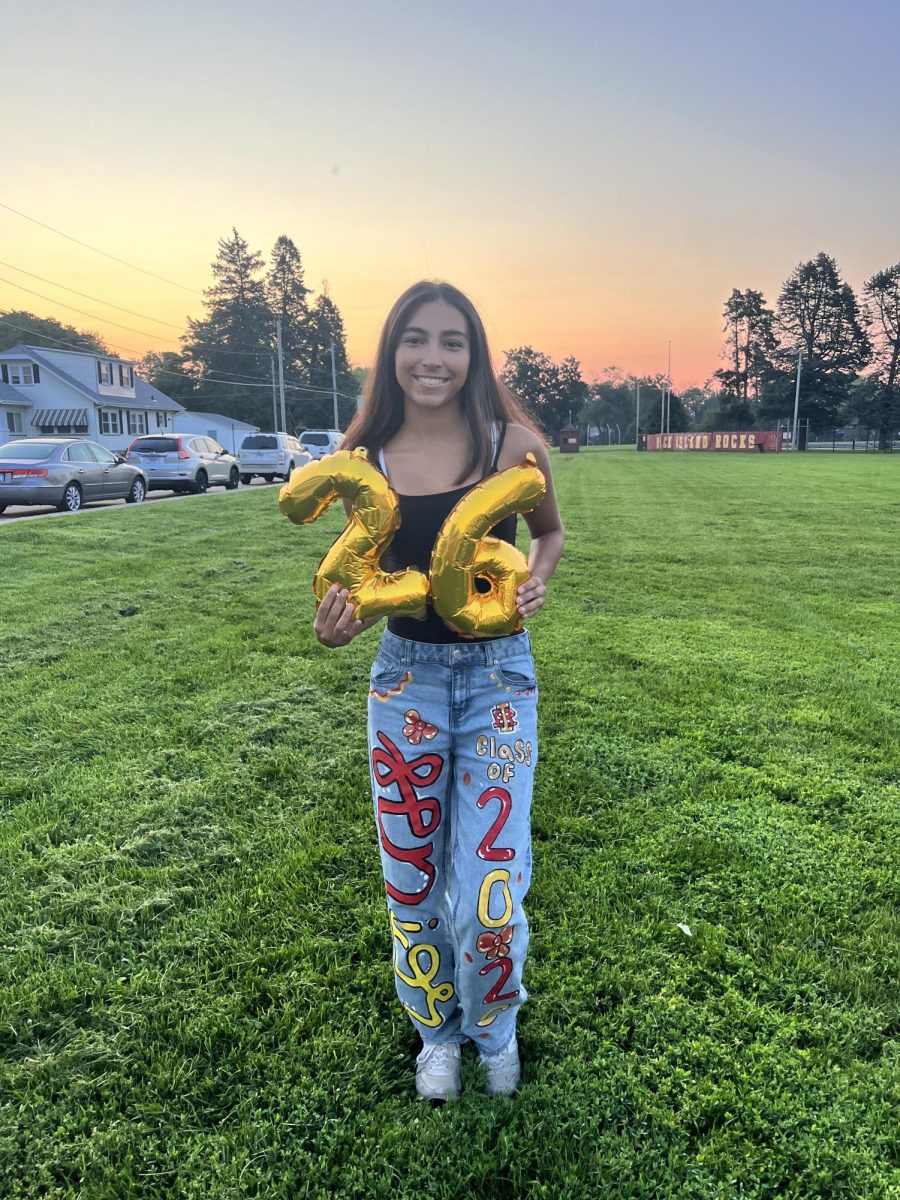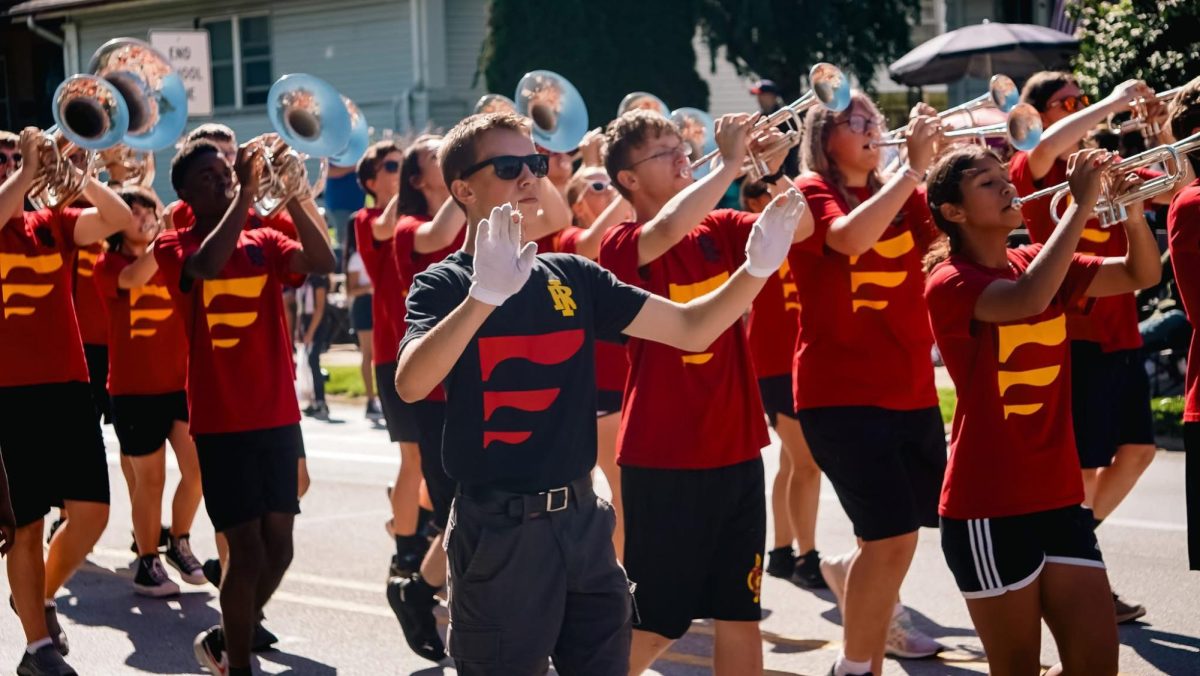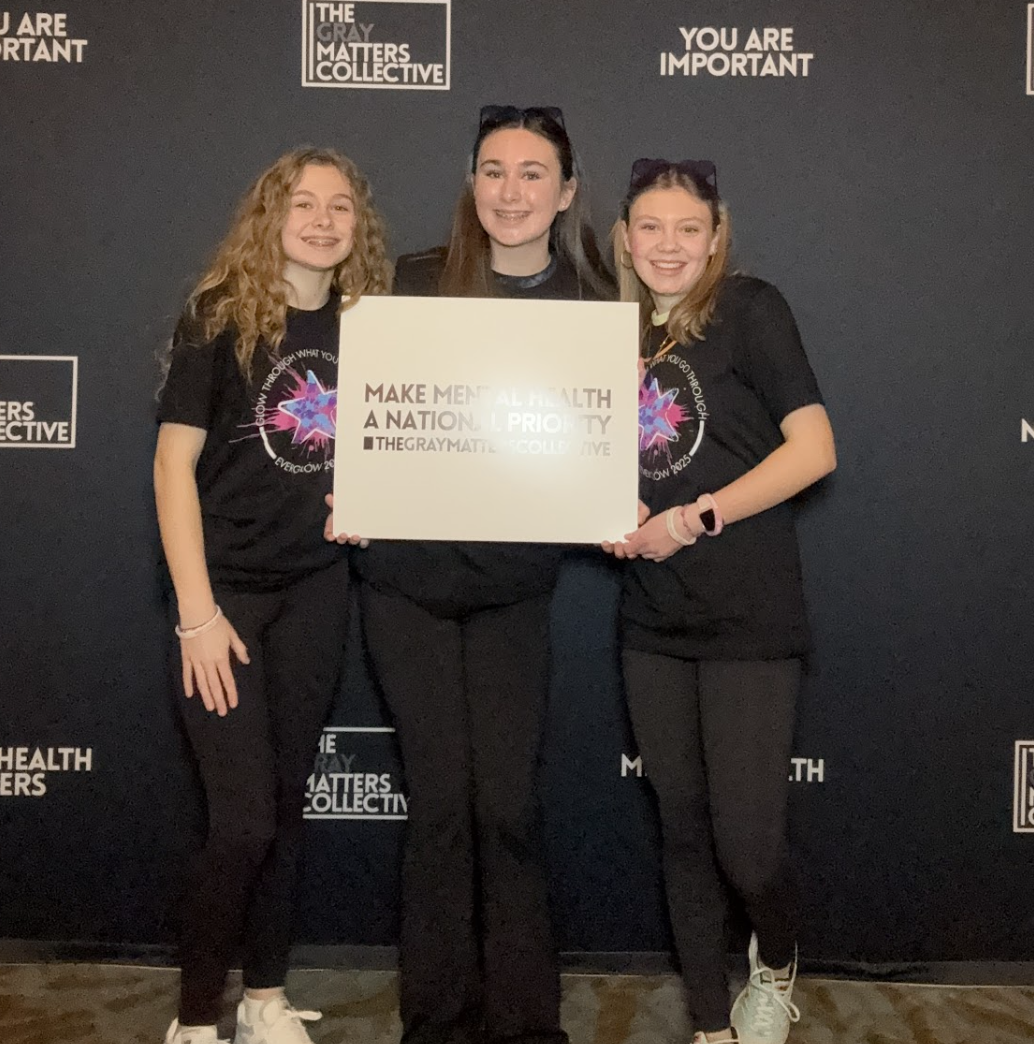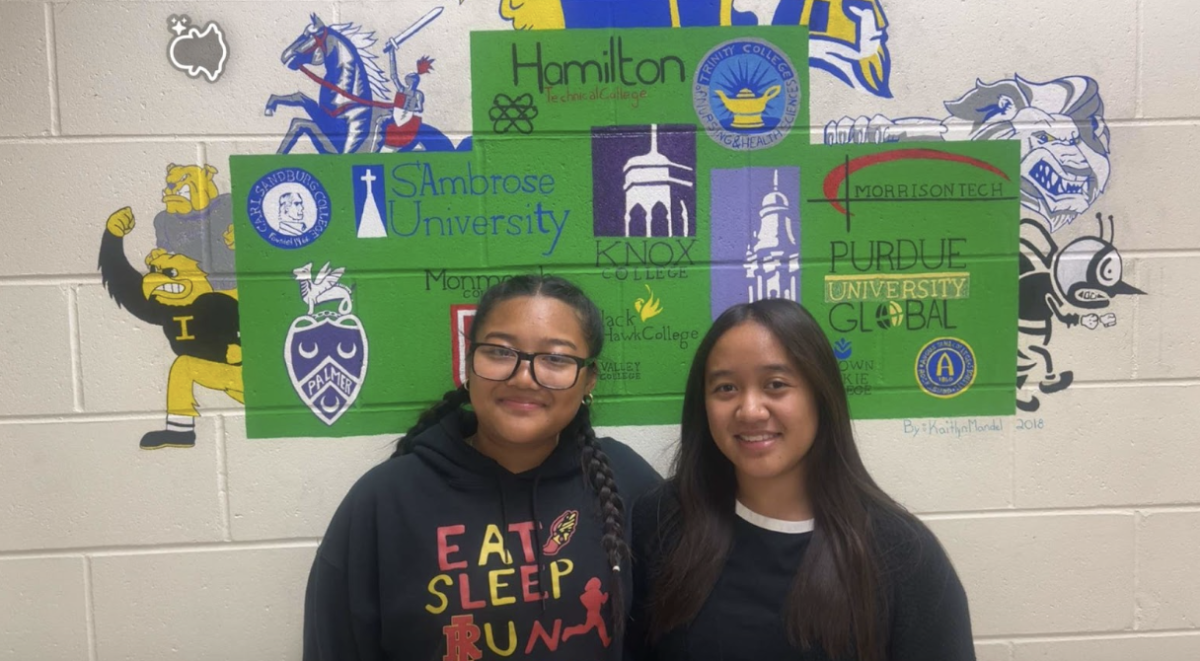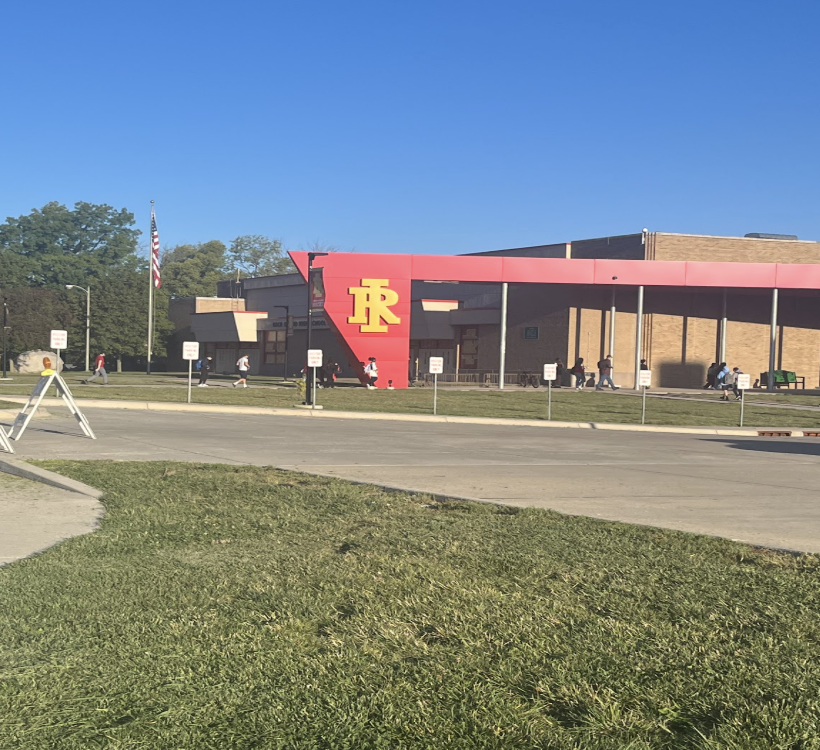Mike Mertel, a dedicated educator, has always found inspiration in the transformative power of teaching. Reflecting on his journey, Mertel shares, “When I was growing up, my mom became a paraprofessional, working with students with severe learning disabilities at an elementary school. I saw how much of an impact she had on the students she worked with, and how much she truly cared for them. Her starting that job really sparked my interest.” This early exposure to the profound influence of education laid the foundation for Mertel’s career as a teacher.
In Mertel’s newly found Education Internship classroom, the dynamics of teaching vary significantly depending on the student demographic and subject matter, as he also teaches a freshman World Studies class. He explains, “Teaching freshman versus upperclassmen is obviously different. Teaching a required class versus one that students choose to take, and the amount of time in the class. But honestly, my teaching style is the same, which is very discussion-based and student-centered.” This approach ensures that regardless of the class, students are actively engaged in their learning process, fostering a collaborative and inclusive environment.
Managing a large education internship class presents its own set of challenges, particularly in ensuring that every student feels heard and engaged. Mertel acknowledges this challenge, stating, “Just being able to hear and engage with as many students as possible in 25 minutes a day. We started utilizing PLC (professional learning communities) groups more this year, which has made it much easier and efficient to guide discussions and hear from students.” The implementation of PLCs has been instrumental in facilitating meaningful interactions and discussions within the limited time frame.
Ensuring that each student receives the attention they need is a priority for Mertel and his colleague, Mrs. Andrea Parer, who also teaches the class. He notes, “Andrea Parer is a huge help in this regard. We try to have as many ‘Check-In’ conversations with students inside and out of class. So, if we see any of our interns throughout the day, we will ask them how their placement is going, etc.” These regular check-ins help maintain a supportive and responsive learning environment. Andrea Parer adds, “It’s important to create a supportive environment where students feel comfortable sharing their experiences. By having these check-ins, we can address any concerns early and provide the necessary support to help them succeed.”
To keep students engaged and motivated, Mertel relies on the positive influence of PLC groups. “The PLC groups have been a game changer in engaging students with their peers, and also a positive peer pressure to stay on top of their work and do their very best in their placements,” he shares. This strategy not only fosters a sense of community, but also encourages students to excel academically. Parer concurs, “The collaborative nature of PLC groups allows students to learn from each other and stay motivated. It’s amazing to see how they support one another.”
Balancing the responsibilities of teaching requires careful planning and time management. Mertel and Parer remain committed to providing the best educational experience for students. Mertel and Parer’s teaching philosophy and strategies highlight the importance of student-centered learning, effective communication, and the power of professional learning communities in promoting class growth and student success for the Education Internship program.
